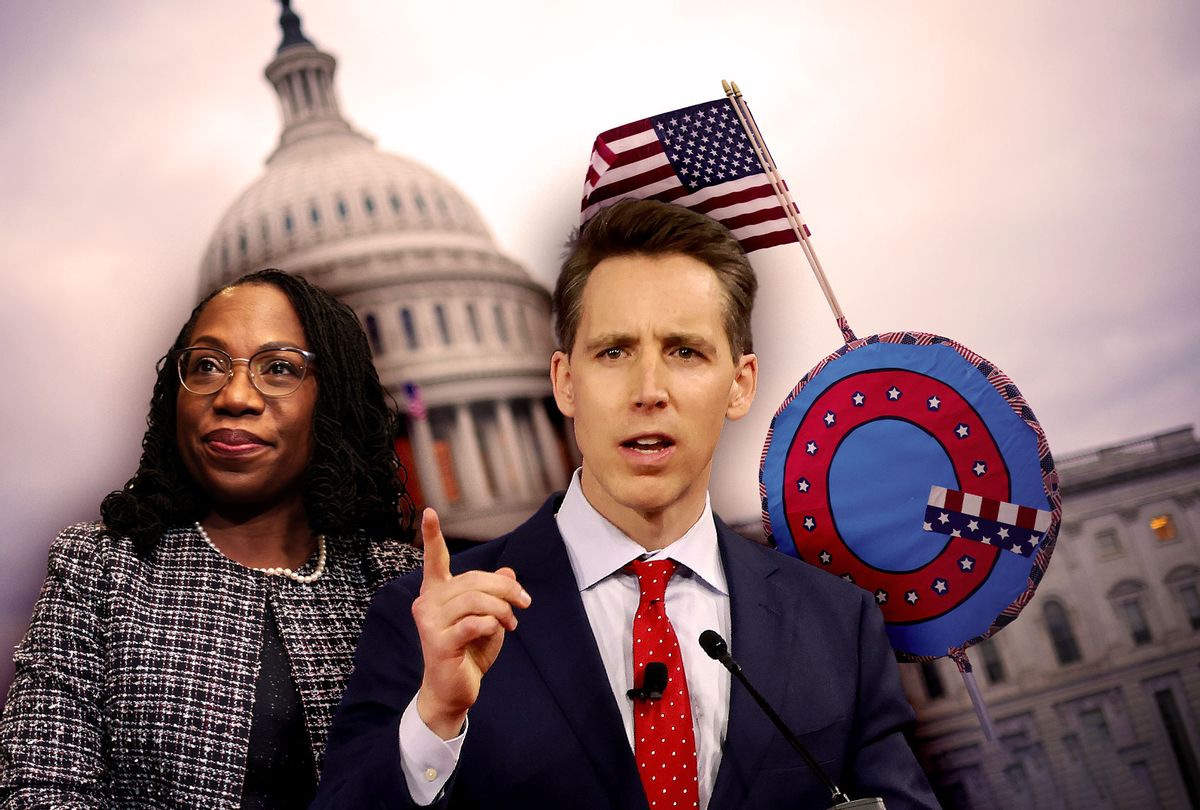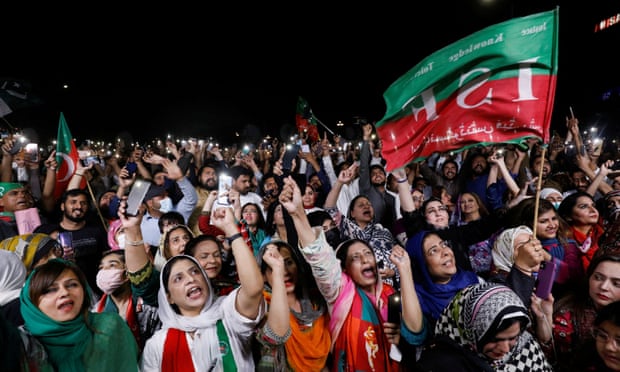White House on 9/11, Blue House with Yoon Suk-yeol
On 9/11, al-Qaida terrorists targeted the World Trade Center in New York and the Pentagon in Washington. Terrorists failed to reach the White House, believed to have been a third target, when one of four hijacked planes crashed in Shanksville, Pennsylvania, on its way to Washington. Terrorists crashed the plane after passengers tried to foil the terrorists’ plans. The crash site was about 200 km (approximately 124 miles) from Washington. The terrorists were 10 minutes away from their target had the plane sped up.
The terrorists on the third plane were trying for either the White House or the Capitol. Imagine what would have happened if the passengers had not resisted.
The most critical aspect of the 9/11 attacks was that nearly an hour after the unprecedented attacks on the Twin Towers, the Pentagon, which is the highest-security building within the Defense Department, was attacked by a hijacked civilian airplane. If the third plane had crashed in Washington as intended, the White House would have been vulnerable.
What if the White House and the Pentagon were in the same place or in close proximity? If that had been the case, the U.S. military command center would have been completely shut down for a considerable period of time that day. Indeed, it is humbling to draw lessons from the Sept. 11 terrorist attacks when we consider the relocation of the presidential office from its original location to the Defense Ministry compound.
Of course, after 9/11, we learned that terrorists can use civilian planes to attack the world’s most powerful national security facilities and saw how the United States responds to a crisis. Instead of trying to solve the emergency as a security matter, the U.S. tried to use it as an opportunity to further an ideological foreign policy.
On the day of the 9/11 attacks, Defense Secretary Donald Rumsfeld said he had no interest in airstrikes on an empty training ground in Afghanistan where al-Qaida was located. On a flight back to the United States from Europe on 9/11, former Under Secretary of Defense for Policy Douglas Feith, a leading neocon, came up with the idea of overthrowing Saddam Hussein. However, former commander of the U.S. Central Command John Abizaid, who was on the plane with him, rejected the plan, saying Saddam had no connection to al-Qaida. During the week following the 9/11 attacks, the U.S. National Security Council, or the so-called “War Cabinet,” waged a heated debate over how to punish Iraq, a country that had nothing to do with the 9/11 attacks or al-Qaida.
In the end, the U.S. decided to prioritize the invasion of Afghanistan, but it can be said that a war in Iraq started on 9/11. America’s Middle East policy, which aimed to change the region by overthrowing Saddam’s regime in Iraq and establishing a pro-U.S. liberal democracy, became the response to 9/11. Needless to say, the Iraq War was catastrophic for the U.S. The Bush administration turned to Iraq as a conditioned reflex, one that grew out of a right-wing response to rejection of American values among the neocons who dominated the Bush foreign policy team.
There were reasons that 9/11 clouded the Bush administration’s thinking, but it is difficult to understand why President-elect Yoon is instigating a crisis by attempting to relocate the presidential office.
Just as the neocons under the Bush administration were affected by right-wing idealism, President-elect Yoon and his key aides are influenced by the feng shui masters leading him to Yongsan. The neocons of the Bush administration used the crisis of 9/11 as an opportunity, but is Yoon’s staff trying to create a crisis by moving the Blue House and using it to further his own interests? The president-elect’s popularity is low despite the fact he won. Does he plan to seize political power by showing how he can push plans forward?
President-elect Yoon said that he would move his office to the Defense Ministry compound in Yongsan and that there was no longer a Blue House. To me, these words feel more grotesque than his plan, which is being carried out as if he were moving to a new house. For Yoon, the Blue House is simply an office with a desk and some personal space that he is supposed to like. There will be no Blue House, there will only be Yoon’s office.


